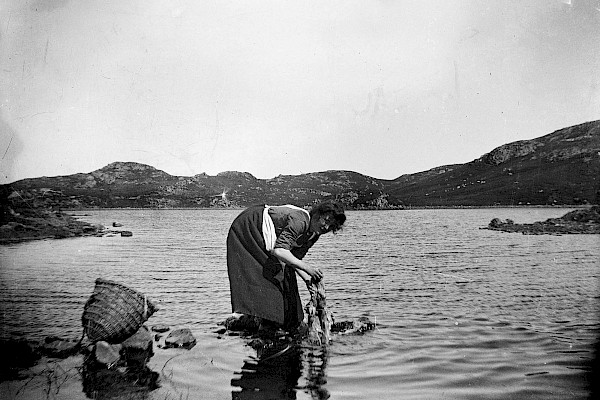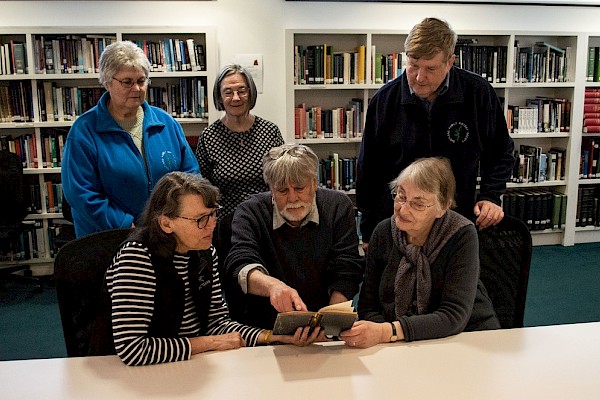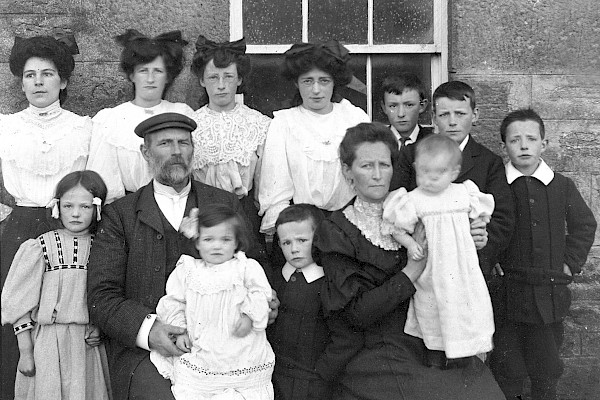Celebrating World Book Day with Shetland's Oldest Known Book - Boece
For anyone who wants to read about Shetland, the archives is a good place to come. Our book collection, we like to think, is perhaps the most comprehensive libraries of Shetland-related titles anywhere in the world. If you are trying to find a book about Vikings, farming, birds or any other subject connected to Shetland, the archives has something for you to enjoy.

Our book collection is growing all the time. For a small place like Shetland, it is remarkable how many titles keep appearing. We love adding new books to the shelves, especially ones written by people who have spent hours and hours in the searchroom, patiently reading through old documents or listening to some of our oral history material.
But as well as acquiring books published now, we are always keen to enhance our collection with very rare items when they come along. One such item was added to our catalogue recently, and we suspect that it may be the oldest book now in existence in Shetland. (If you do know of anything older, please get in touch because we’d be fascinated to find out more). The book is an early history of Scotland, written by a man called Hector Boece. The volume, to give its full title Scotorum historiae a prima gentis origine, was published in Paris in 1527.
Hector Boece, also known as Hector Boethius, was born in Dundee in 1465. He attended St Andrews University and later went to the University of Paris, where he became friends with the great Dutch scholar Erasmus. In 1500 he returned to Scotland, taking up the position of Principal at the newly established University of Aberdeen. He died in the city in 1536, and is now best remember for the Historia. When looking through our copy of the book, it’s nice to think that somebody was doing exactly the same in the years when its author was still around.
The archives copy has a note (in the handwriting of the book’s former owner, E.S. Reid Tait) to indicate where the small section about Shetland can be found. However, that passage, which is probably the earliest published reference to the isles, isn’t easy to read because, like all learned works of the time, the book is written in Latin. Fortunately a Scots translation was done in 1536 by a man called John Bellenden, the archdeacon of Moray. In the translation, Boece says the Shetland folk ‘ar nakit of all ambitioun and vice’, and that they are as ‘happy as ony uthir peple of the warld’. It’s hard to imagine a man who moved in such learned circles as Hector Boece had run into many Shetlanders, but, as we see, he didn’t forget about the islands when he wrote his magnum opus.
If anyone would like to see our copy of Boece, please drop into the archives and ask. A translation of the passage about Shetland can be found in John Ballantyne and Brian Smith’s book Shetland Documents, 1195-1579.














